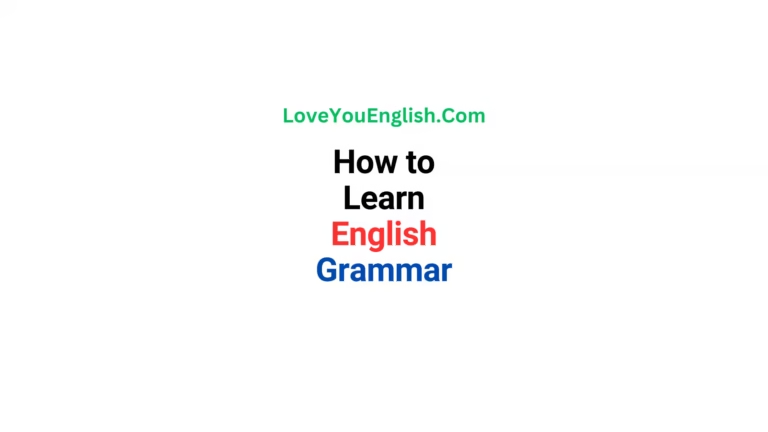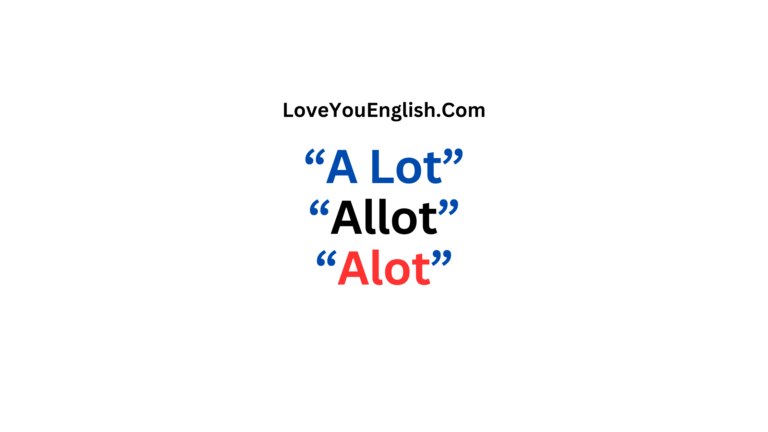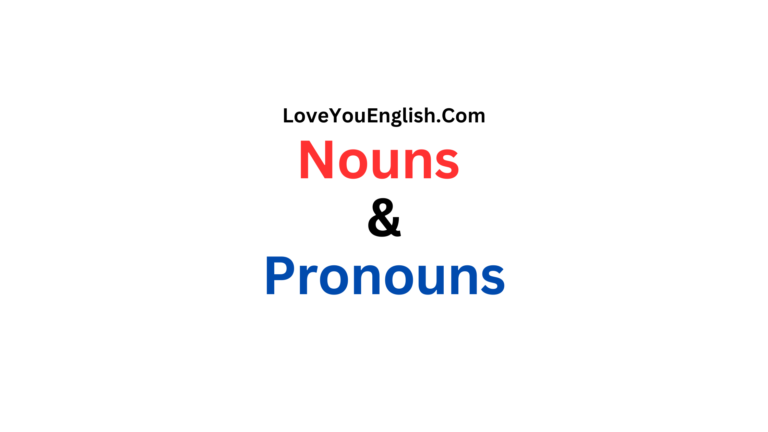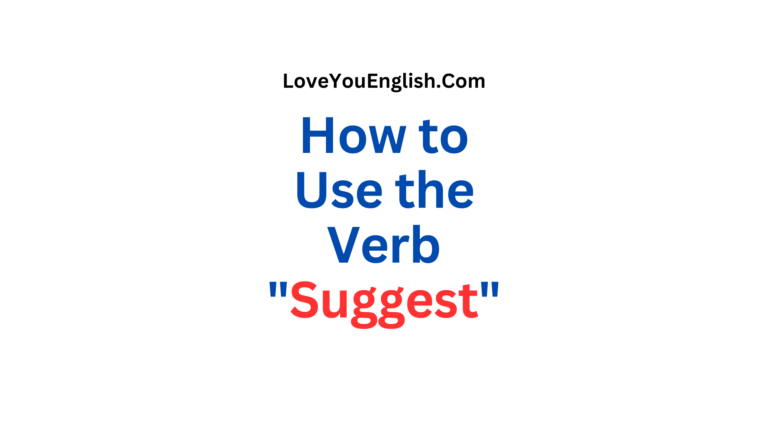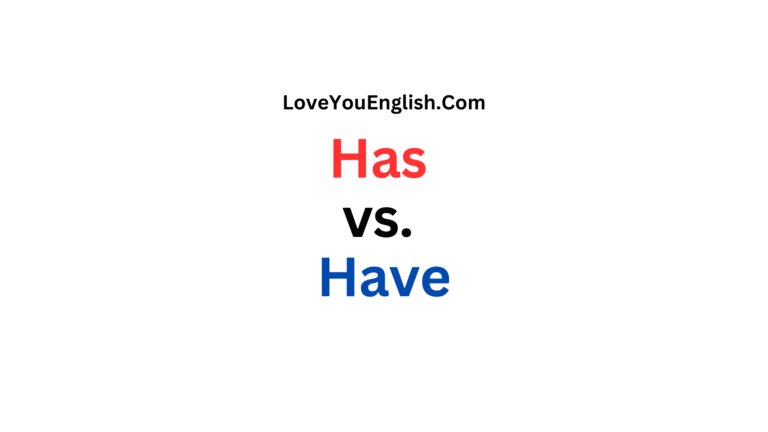Zero Article: When Not to Use an Article
Have you ever wondered why we sometimes skip words like “a,” “an,” or “the” when we talk or write?
It’s not a mistake—it’s a special rule in English called the “zero article”!
Imagine you’re telling your friend, “I like pizza,” but you don’t say, “I like a pizza” or “I like the pizza.” Why not?
Let’s dive into this fun mystery and figure out when we leave articles out.
By the end of this blog, you’ll be a zero-article expert, ready to impress your friends and teachers!
English can feel tricky sometimes, especially with little words like articles.
Articles are those tiny helpers—”a,” “an,” and “the”—that we put before nouns (words for people, places, or things).
But here’s the cool part: sometimes, we don’t need them at all!
This is what we call the “zero article.”
It’s like an invisible rule that says, “Nope, no article here!”
So, when does this happen?
Let’s explore the simple situations where we skip articles and why it makes sense.
What Is an Article, Anyway?
Before we jump into the zero article, let’s quickly remind ourselves what articles do.
An article is a small word that comes before a noun to give us a hint about it.
For example:
- “A dog” means one dog, any dog.
- “An apple” means one apple (we use “an” because “apple” starts with a vowel sound).
- “The sun” means that one specific sun we all know.
But sometimes, we don’t need “a,” “an,” or “the.” That’s when the zero article steps in—or rather, doesn’t step in!
It’s like saying, “No article needed here, we’re good!” Let’s look at some easy examples to see when this happens.
1. Talking About Things in General
One big time we use the zero article is when we talk about things in general. Imagine you’re chatting about stuff you like.
You might say:
- “I love dogs.”
- “Cats are funny.”
- “Books make me happy.”
Notice something? There’s no “a” or “the” before “dogs,” “cats,” or “books.”
That’s because we’re not talking about one specific dog, cat, or book.
We’re talking about all dogs, all cats, or all books in general.
When we make these big, general statements, we skip the article. It’s like saying, “Hey, I mean all of them, not just one!”
Here’s another example: “Water is wet.” We don’t say “The water is wet” unless we mean some specific water, like the water in your glass. When it’s just water in general, the zero article is our friend.
2. Uncountable Nouns and Plural Nouns
Some words are tricky because we can’t count them—like “milk,” “sand,” or “happiness.”
These are called uncountable nouns. When we talk about them in a general way, we don’t use an article.
Check this out:
- “Milk tastes good with cookies.”
- “Sand gets everywhere at the beach.”
- “Happiness feels amazing.”
No “a” or “the” here! The same goes for plural nouns (words that mean more than one) when we talk about them generally, like “apples,” “toys,” or “stars.”
For example:
Since we’re not pointing to one specific apple or toy, we leave the article out. Easy, right?
3. Names of People, Places, and Things
Here’s a fun one: names don’t usually need articles!
Think about your name—do you say “the Emma” or “a Liam”? Nope! Names are special, so they get the zero article.
For example:
- “Sarah is my best friend.”
- “London is a big city.”
- “Mount Everest is super tall.”
We don’t say “the Sarah” or “a London” because names already tell us exactly who or what we mean.
There are a few exceptions, like “the United States” or “the Nile River,” but most names stand alone with no article.
What about things like holidays or days of the week? Those get the zero article too! Try these:
No “the” or “a” needed—it’s just how we roll with names!
4. Meals, Sports, and Subjects
Let’s talk about some everyday stuff—like food, games, and school.
When we name meals, sports, or school subjects, we often skip articles.
Check it out:
We don’t say “the breakfast” or “a soccer” because these are general ideas or categories.
Imagine telling your friend, “I play basketball after school.”
It sounds perfect without an article, right? That’s the zero article doing its quiet magic.
5. Places We Go With “To”
When we talk about going to certain places, we sometimes drop the article, especially with words like “school,” “bed,” “church,” or “work.”
For example:
Why no “the”? It’s because these are places we think of as activities, not just buildings.
“School” isn’t just the building—it’s the whole idea of learning. “Bed” means sleeping, not just the furniture. So, we use the zero article to keep it simple.
Why Does This Matter?
Now you might be thinking, “Okay, cool, but why should I care about the zero article?”
Great question!
Knowing when to skip articles helps you sound more natural when you speak or write English.
If you say “I like the dogs” when you mean all dogs, it sounds a little funny—like you’re only talking about some specific dogs.
But if you say “I like dogs,” everyone knows you mean dogs in general. It’s like a secret trick to make your English smoother!
Plus, it’s fun to spot the zero article in real life.
Next time you’re reading a book or listening to someone talk, see if you can catch places where they leave out “a” or “the.”
You’ll be surprised how often it happens!
Let’s Practice!
Ready to test your skills?
Look at these sentences and decide if they need an article or the zero article (no article).
I’ll give you the answers after!
- “___ elephants are big animals.”
- “I drank ___ water after recess.”
- “___ soccer is my favorite sport.”
- “She lives in ___ Paris.”
- “___ love is a great feeling.”
Answers:
- Elephants (zero article—general).
- Water (zero article—general).
- Soccer (zero article—sport).
- Paris (zero article—name).
- Love (zero article—uncountable and general).
How did you do? If you got them all, you’re a zero-article star!
A Few Tricky Spots
Sometimes, the zero article can feel confusing.
For example, what if you’re talking about a specific thing?
If you say “I need water,” it’s general—no article.
But if you say “I need the water from the fridge,” you’re being specific, so “the” jumps in.
The trick is to ask yourself: Am I talking about all of it or just some of it?
If it’s all of it (or a general idea), go with the zero article.
Another tricky spot is when places get articles in special cases.
We say “I’m at school” (zero article), but “The school is new” (with “the”) when we mean one specific building.
Context is your clue!
Wrapping It Up
So, there you have it—the zero article is all about skipping “a,” “an,” or “the” when we talk about general things, names, meals, sports, or places like school.
It’s like English giving us a break from extra words!
Now that you know the rules, you can use them in your own sentences.
Try writing a few sentences about things you like—maybe “Pizza is yummy” or “Games are exciting”—and see how the zero article feels.
Next time you’re chatting with friends or writing a story, think about the zero article.
It’s a small rule, but it makes a big difference.
You’re now a pro at knowing when not to use an article.
How cool is that?
Keep practicing, and soon it’ll feel as easy as riding a bike!



